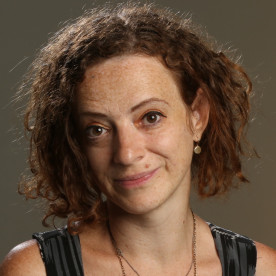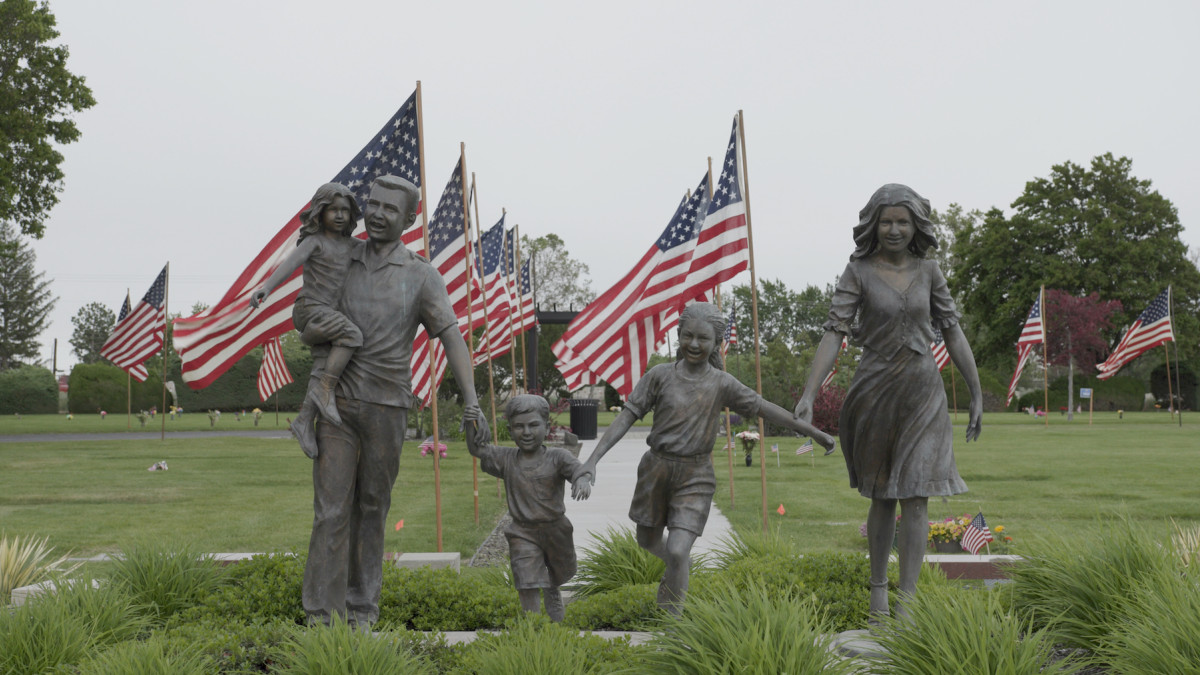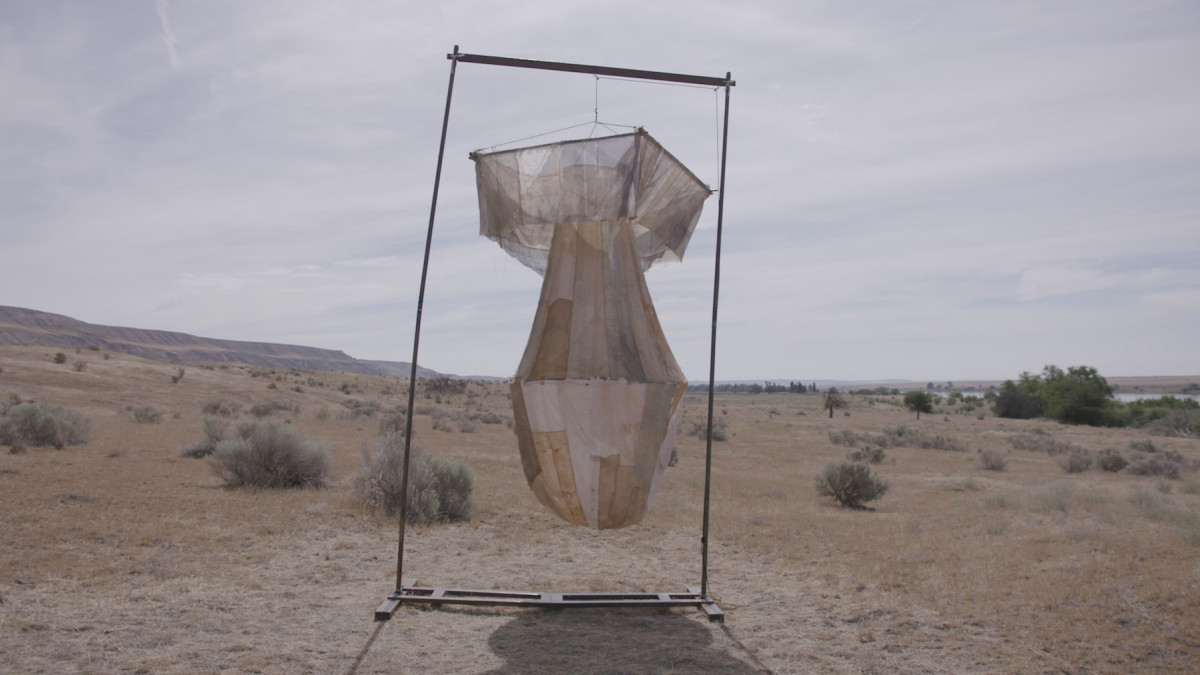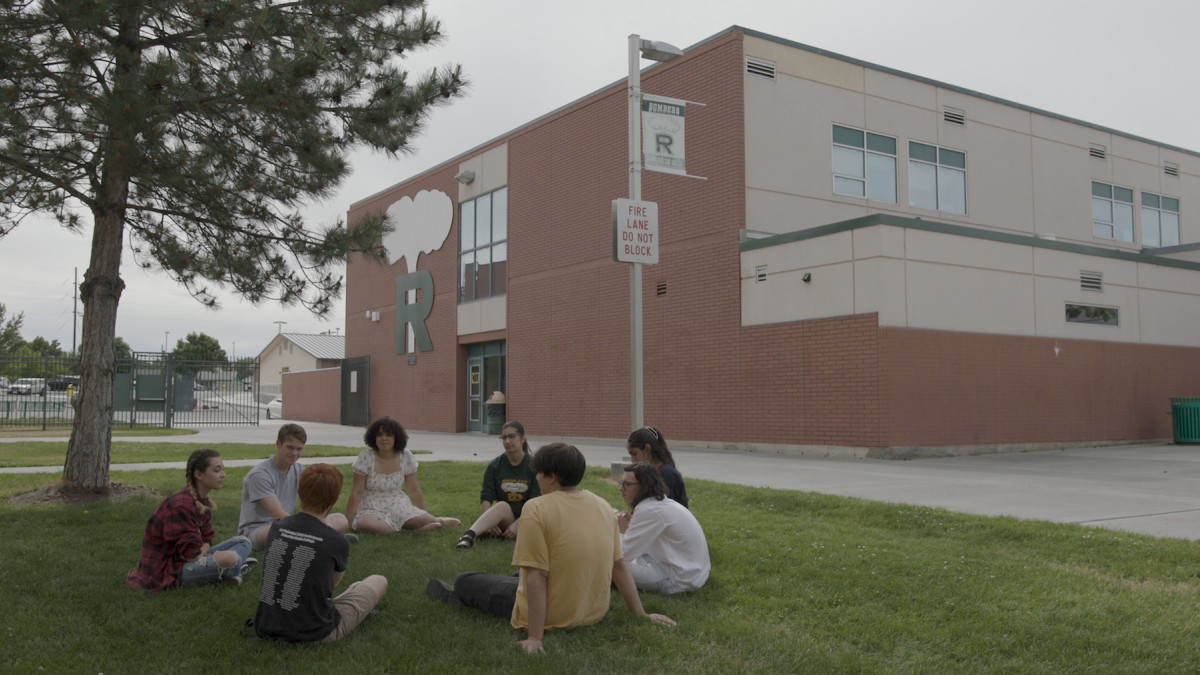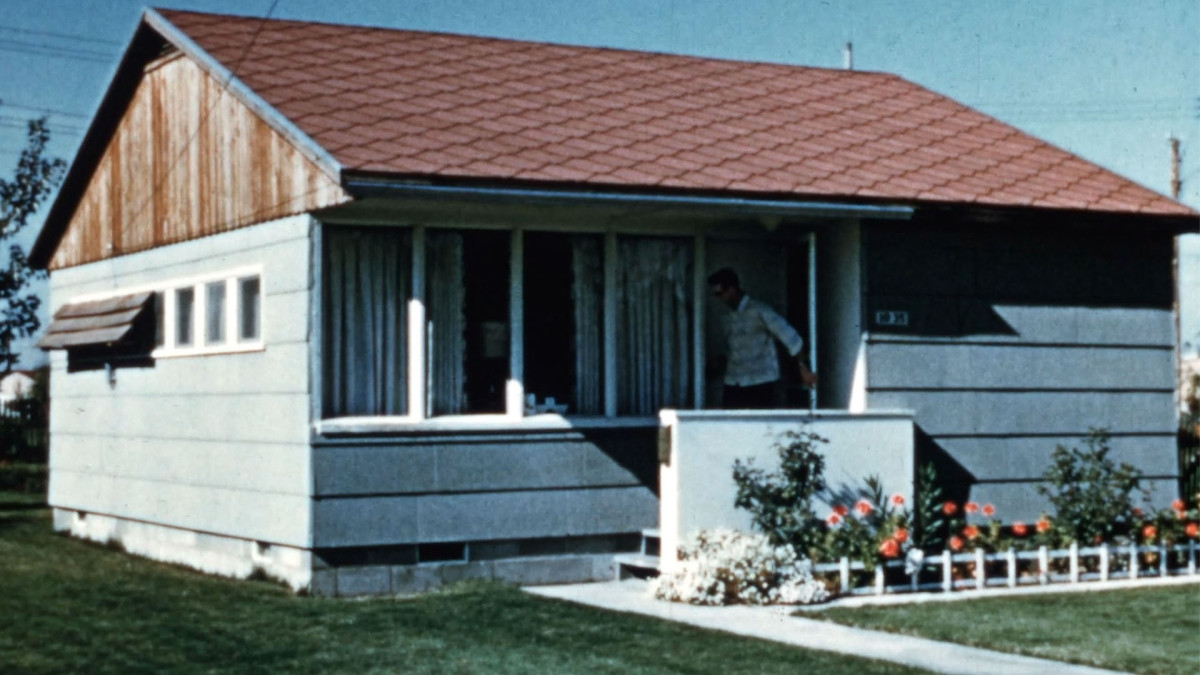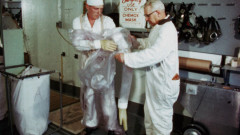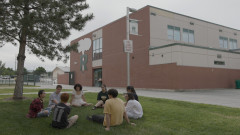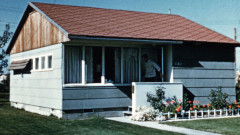A feminist filmmaker, archival researcher, educator, and amateur seamstress. Often beginning with rigorous research in archives, her work brings historical materials into conversation with the present, inviting viewers to contemplate questions of politics, ideology, and the complex ways that personal, collective, and national memory are entangled. Her works have been screened around the world, including at the Berlinale, MoMA, Film Society of Lincoln Center, Museum of Fine Arts Boston, Anthology Film Archives, Pacific Film Archive, Flaherty NYC, IDFA Amsterdam, Hot Docs, AFI Docs, BFI London Film Festival, Melbourne Film Festival, DocLisboa, and RIDM Montréal.
Richland
Richland
Richland
Richland offers a prismatic portrayal of the nuclear company town's identity, proud of its role in the Manhattan Project. The film examines societal normalisation of past violence, blending archival past with present observations. It meditates on home, safety, whiteness, and deep time, exploring the community's reliance on its nuclear heritage.
'I am a first-generation American whose parents fled Ceaucescu's Romania as political asylum-seekers. Through the process of making my first feature film, an intimate five-year project excavating my own family's hidden history, I learned how to facilitate people’s confrontations with painful histories with care and empathy. Since then, I've come to understand my work as a filmmaker and as a form of delicate mediation between people and their pasts.
'While a number of journalists, writers, and anti-nuclear activists have taken on the Hanford story, it is often told through an investigative lens where the aim is to expose and criticise the nuclear weapons industry. As I embarked on a multi-year process of patient relationship-building and community listening in Richland, I didn't want to shy away from the tremendous environmental and human costs of nuclear arms manufacturing, but, at the same time, I also wanted to represent the stories of Hanford workers—people whose politics often diverge drastically from my own—with dignity and generous listening.
'Richland does not provide easy answers, a policy position, a simple critique of the nuclear industry, or interviews with nuclear experts. Instead, it does the messier work of creating a patiently unfolding space where divergent voices and positions can co-exist, investing in a cinematic form that gently holds multiple entangled histories in one place. We are living at a moment in history that is deeply structured by human denial, and it is in the shadow of this moment that this project about feelings and belief systems feels urgent. Rather than creating an onscreen world of pro-nuclear vs. anti-nuclear binaries and easily digested soundbites, my intention with Richland is to inhabit a more uncomfortable, intimate, and ambivalent space that ultimately points to the ways that each of us holds denial close'. - Irene LUSZTIG
